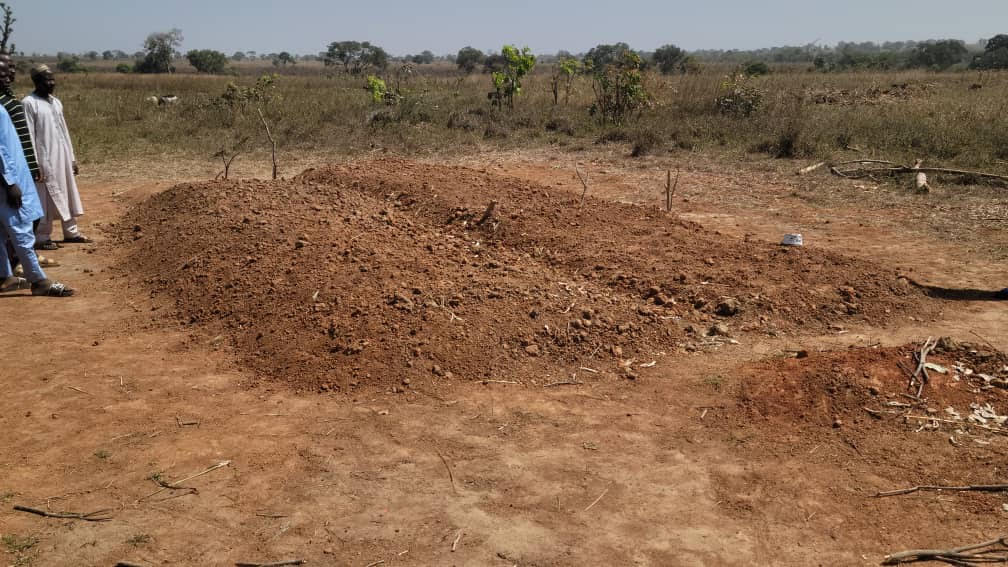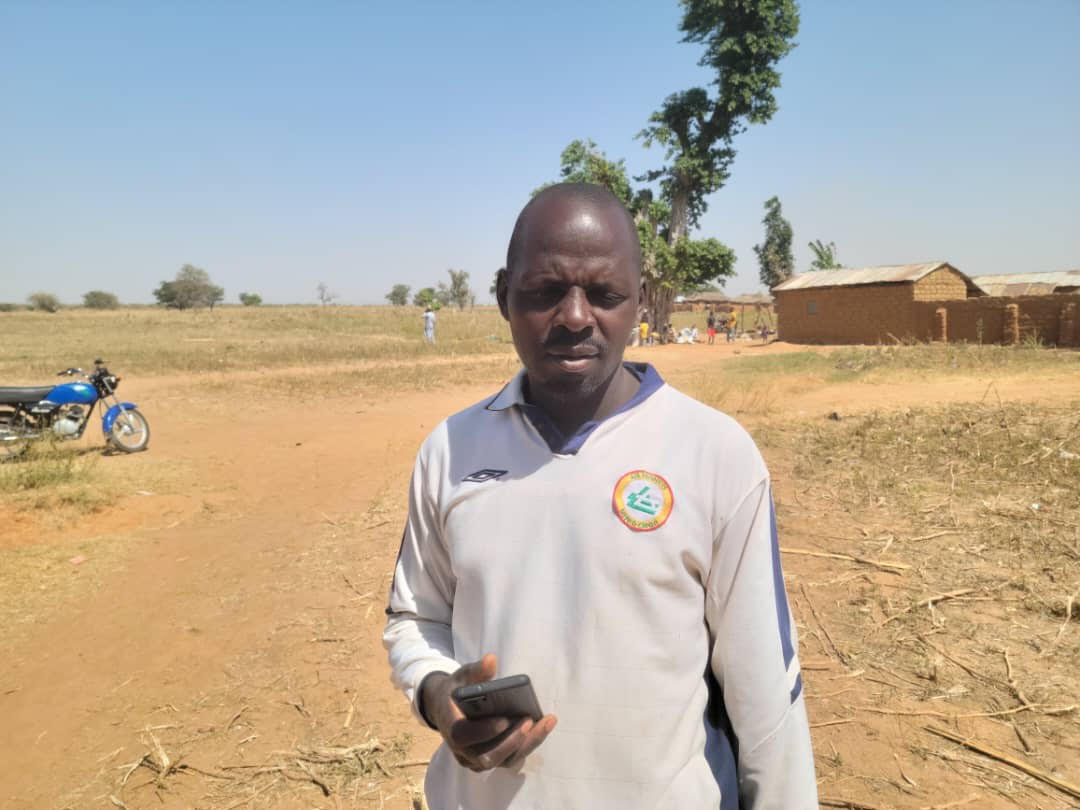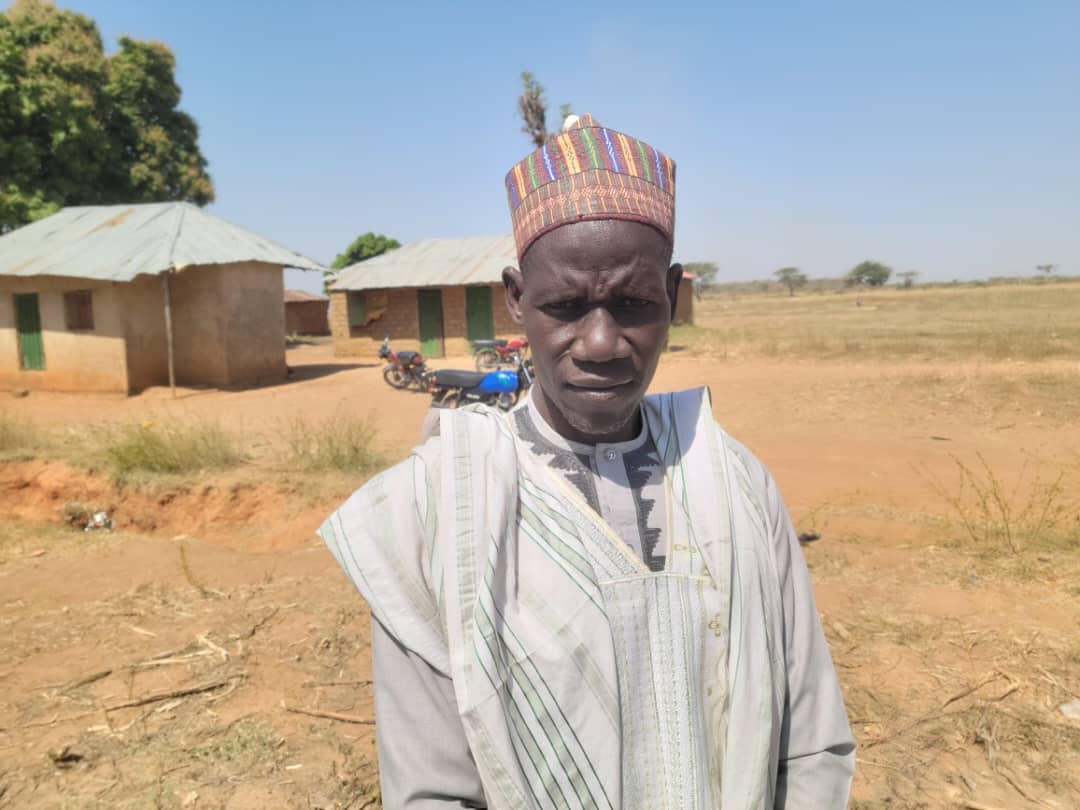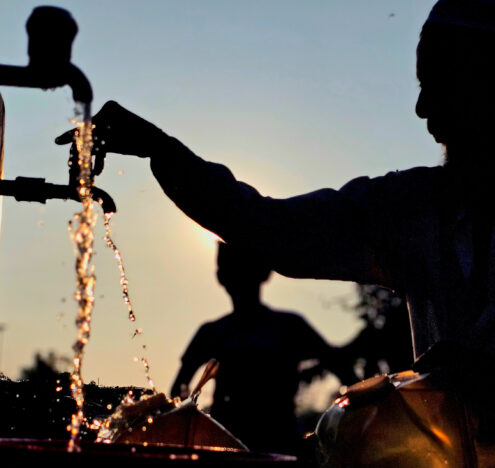Kaduna State, where the village is located, is one of four states heavily impacted by the conflict in Nigeria’s North West, a region home to widespread insecurity thanks to the presence of armed groups that operate in various communities, terrorizing residents and making life unbearable.
The region’s crisis, which started a decade ago as pockets of violence over resources between farmers and herders has ballooned into a large-scale conflict over the years. Armed groups with thousands of militants now operate in the region. Throughout the last decade, more than 14,000 people have been killed and hundreds of thousands displaced in the country’s North West, according to the Centre for Democracy and Development, an Abuja-based policy and advocacy think tank.
Between January 2022 and March 2023, at least 1,266 persons were killed by bandits in Kaduna State alone, according to official government records. To confront this crisis, Nigeria’s defense apparatus has been enmeshed in an endless cycle of battles across multiple fronts.
It cut them into … pieces right in front of me.
– Yakubu Ridwan
But as armed forces carry out operations to confront insurgents, they have made costly mistakes that have led to the deaths of the very civilians they are meant to protect. Incidents like the recent case in Kaduna have decreased the level of trust in the military, which has prompted teenagers to pick up arms to protect themselves and overall questions about the effectiveness of armed forces’ defense strategy.
“The most important component of intelligence is human intelligence,” said Abubakar Alhassan, a Nigerian security specialist and strategic intelligence analyst at US-based security firm, Riley Risk. “Human intelligence translates into open-source intelligence. If the Nigerian air force is striking the civilian population that they should have on their side, it means the entire intelligence and defense strategy needs a total rejig.”
Recurring Pattern
The costly mistake in Tudun Biri follows a pattern of similar occurrences where raids by officials of Nigeria’s Armed forces end up killing civilians they swore to protect across various conflict-prone communities in Northern Nigeria.
The first of these mistakes occurred in February 2014, when a Nigerian military airstrike killed 20 civilians at Daglun in Borno State. Since 2017 alone, there have been several instances of the military carrying out similar attacks that hit innocent citizens, killing more than 400 people, according to Beacon Consulting, a security and risk management firm.
Analysts worry these deadly attacks will further erode trust in the capacity of the Nigerian state to protect its citizens, a situation that could be exploited by armed groups hoping to expand their reach in the region.
Even though bandits in the North West are generally not ideologically driven like the jihadist groups in the North East, they have used propaganda exploiting existing social divisions to gain support among locals.
“These mistakes will help the terrorists’ recruitment strategy where they deploy the absence of government presence to recruit and radicalize citizens,” Abubakar said. He explained that the fact that the military keeps mistakenly striking civilians in the pattern that has now been established is only making the insurgents’ recruiting strategy easier.
“This is actually one of the reasons why insurgency thrives in the region,” he added.
Forever Scarred
Sahifu Ya’u, 39, lives in Ugari, a village close to Tudun Buri. On Dec. 3, the moment the sound of the bomb blast reached his community, he immediately hurried down to see what happened. He had no idea that the tragedy he was going to witness would exact a cost on his own family. The blast killed two of his relatives: his younger brother and his uncle.























